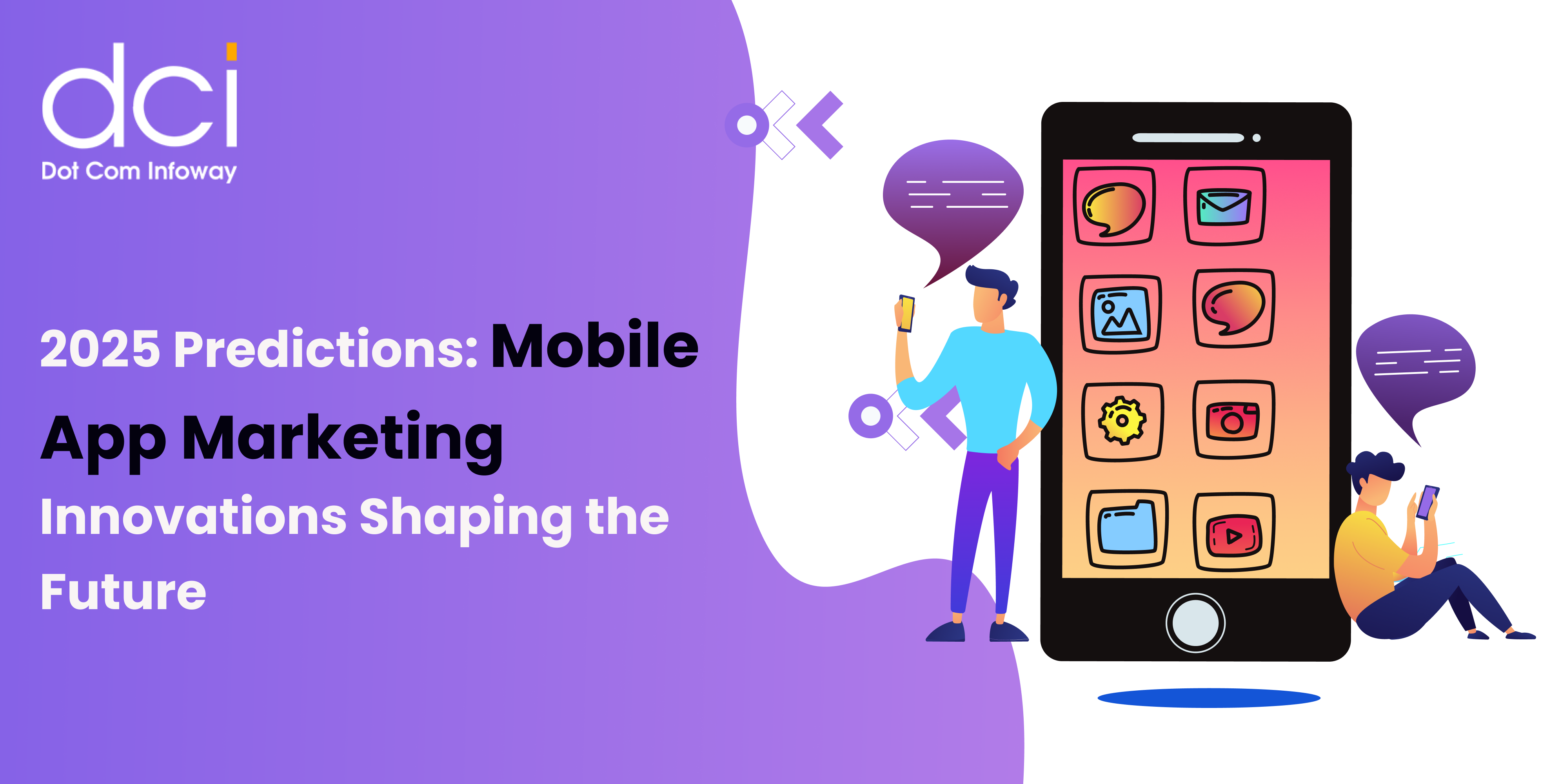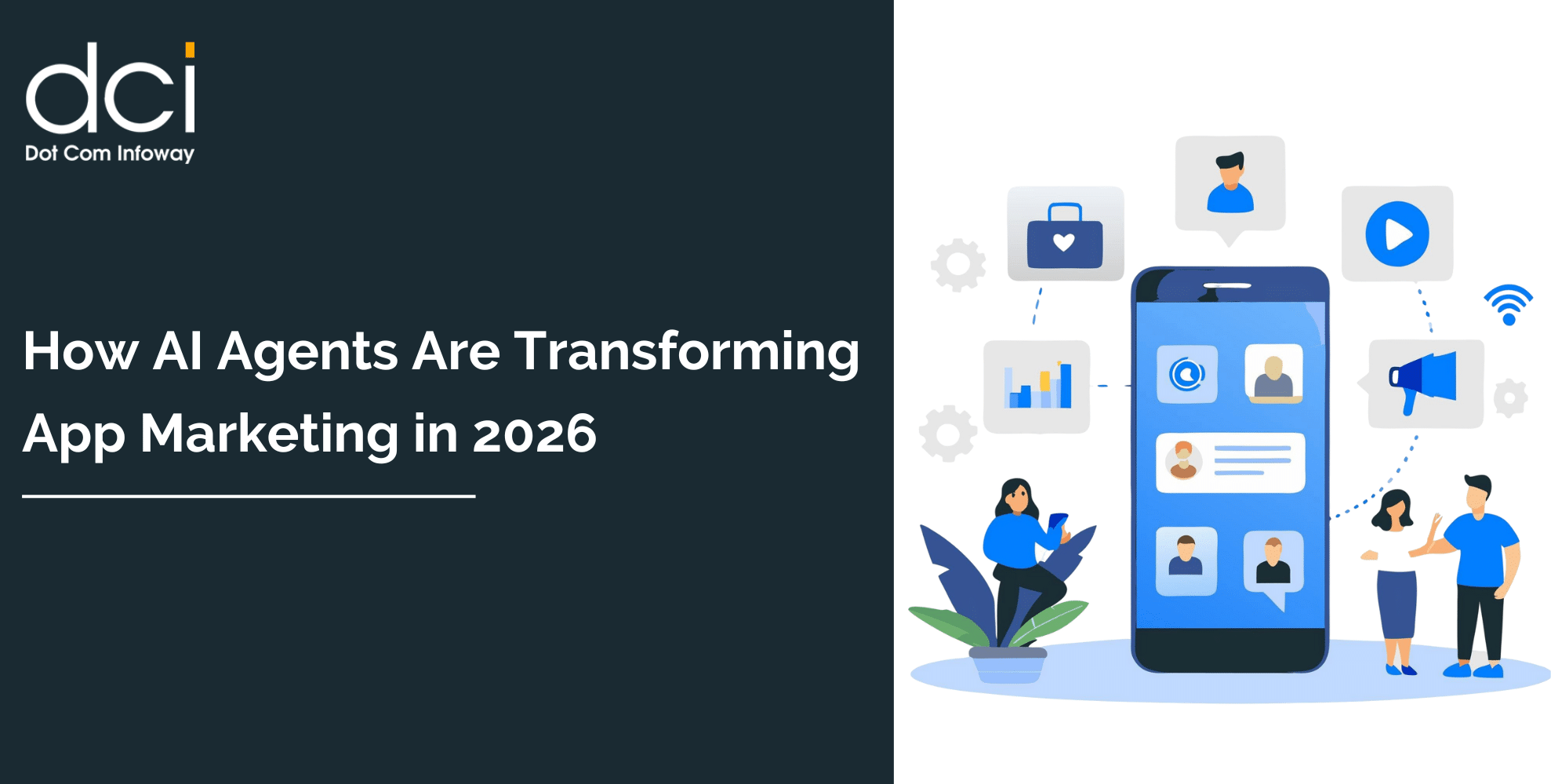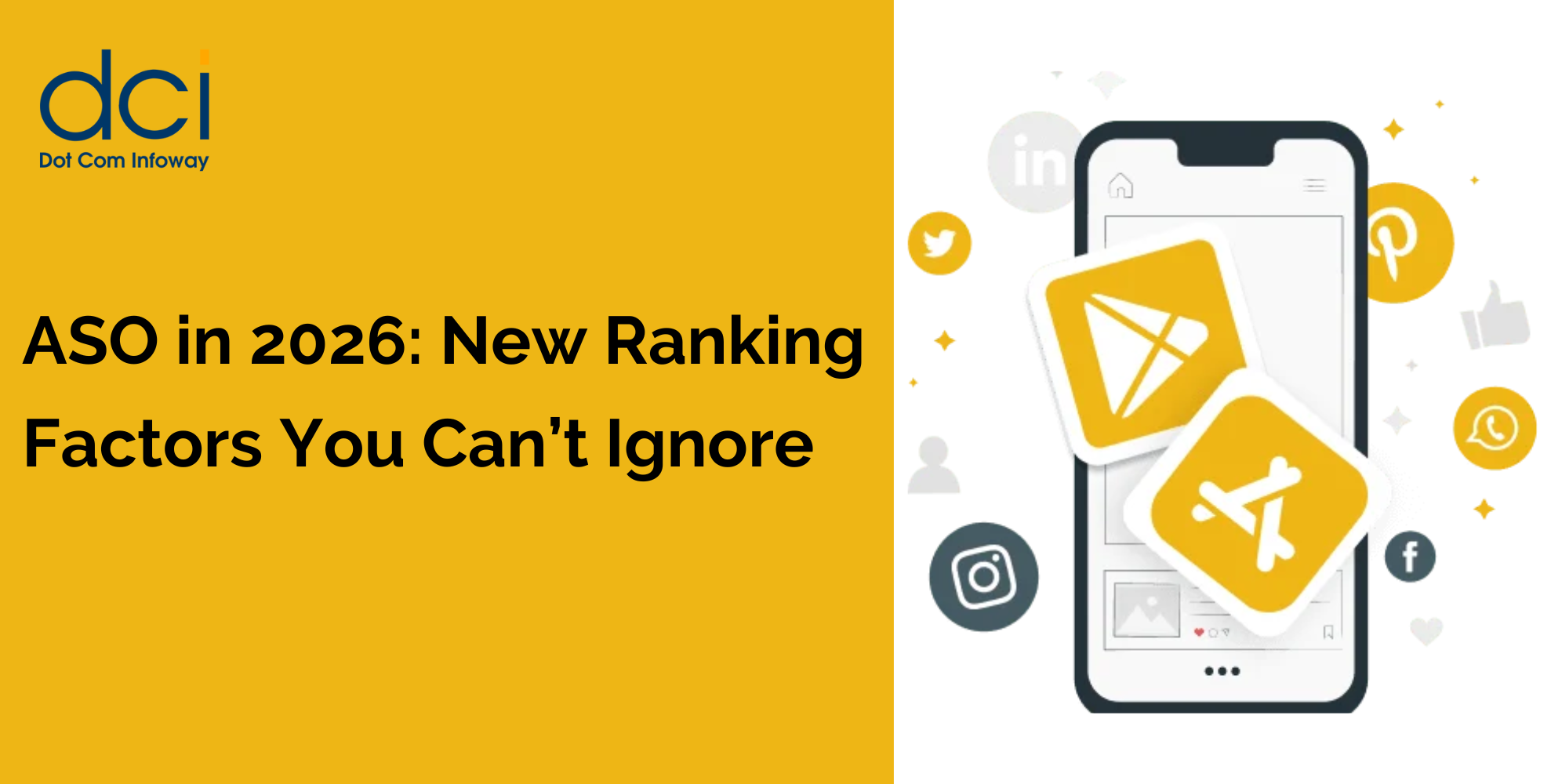Introduction
The mobile app ecosystem has experienced explosive growth in the past decade, with over 7.5 billion smartphone users globally. As apps have become a central part of everyday life—from banking and shopping to fitness and entertainment—marketers are racing to capture user attention in an increasingly crowded space.
However, the digital landscape is undergoing profound changes. Users are becoming more selective, demanding personalized and seamless experiences. Simultaneously, advancements in technology, such as 5G connectivity, machine learning, and AR, are opening new doors for innovation. In 2025, mobile app marketers must adopt a holistic approach that combines data-driven insights, user-centric design, and forward-looking strategies to stay relevant. Let’s explore the key trends that will define mobile app marketing in the coming year.
Mobile App Marketing Innovations in 2025
Artificial Intelligence: The Backbone of Predictive Marketing
Artificial intelligence is no longer a luxury for marketers; it’s a necessity. In 2025, AI will be the backbone of mobile app marketing, enabling predictive analytics, advanced personalization, and efficient resource allocation. Through AI-driven insights, brands will anticipate user needs and behaviors with remarkable accuracy, tailoring their campaigns accordingly.
For example, AI algorithms can analyze millions of data points in real time to understand what content resonates with specific user segments. AI-powered chatbots and virtual assistants will also provide round-the-clock support, ensuring seamless communication between brands and users. These tools not only enhance user satisfaction but also reduce operational costs.
Additionally, marketers will use AI to refine ad targeting, ensuring that advertisements reach the most relevant audiences. By optimizing campaign performance, AI will help brands achieve higher returns on investment (ROI) while minimizing wasted ad spend.
Hyper-Personalization: Marketing to the Individual
In an age of information overload, generic campaigns fail to capture attention. By 2025, hyper-personalization will become the cornerstone of successful mobile app marketing. This approach involves delivering unique experiences tailored to individual users based on their behavior, preferences, and real-time interactions.
Imagine a fitness app that sends personalized workout plans and nutrition tips based on a user’s activity levels tracked by a wearable device. Similarly, an e-commerce app could recommend products that align with a user’s past purchases, seasonal trends, or even their geographical location.
Hyper-personalization fosters a sense of connection between brands and users, enhancing trust and loyalty. Apps that invest in this approach will stand out in the crowded market and cultivate a dedicated user base.
Augmented Reality (AR): Bridging the Digital and Physical Worlds
Augmented reality is poised to revolutionize mobile app marketing by creating immersive experiences that blur the line between digital and physical environments. By 2025, AR integration will be widespread across industries such as retail, gaming, and education.
For instance, retail apps will enable users to visualize products in their homes before purchasing. Furniture retailers might offer AR features allowing users to see how a sofa looks in their living room, or cosmetic brands could let users try on makeup virtually. This technology not only improves user confidence but also reduces return rates, benefiting both consumers and businesses.
Gaming apps will continue to push the boundaries of AR, offering interactive experiences that keep users engaged. These innovations will make AR a powerful marketing tool, capable of differentiating apps in a highly competitive landscape.
Voice Search Optimization: The New Frontier
Voice search is transforming how users interact with technology. With voice assistants like Alexa, Siri, and Google Assistant becoming more advanced, voice search is set to account for a significant share of online activity by 2025. Marketers must adapt their strategies to capitalize on this trend.
Voice search optimization involves creating content that aligns with natural, conversational language. For mobile apps, this could mean integrating voice commands for navigation or search functionality, enabling users to interact with the app hands-free. Additionally, optimizing app metadata for voice queries can boost discoverability, ensuring that apps rank higher in search results. The rise of voice search presents a unique opportunity to enhance user accessibility and engagement, particularly for apps in sectors like navigation, e-commerce, and entertainment.







![The Game Marketing Guide: Pre and Post-Launch Strategies [Infographic]](https://www.dotcominfoway.com/wp-content/uploads/2023/09/DCI-Game-Marketing-blog-1.jpg)















